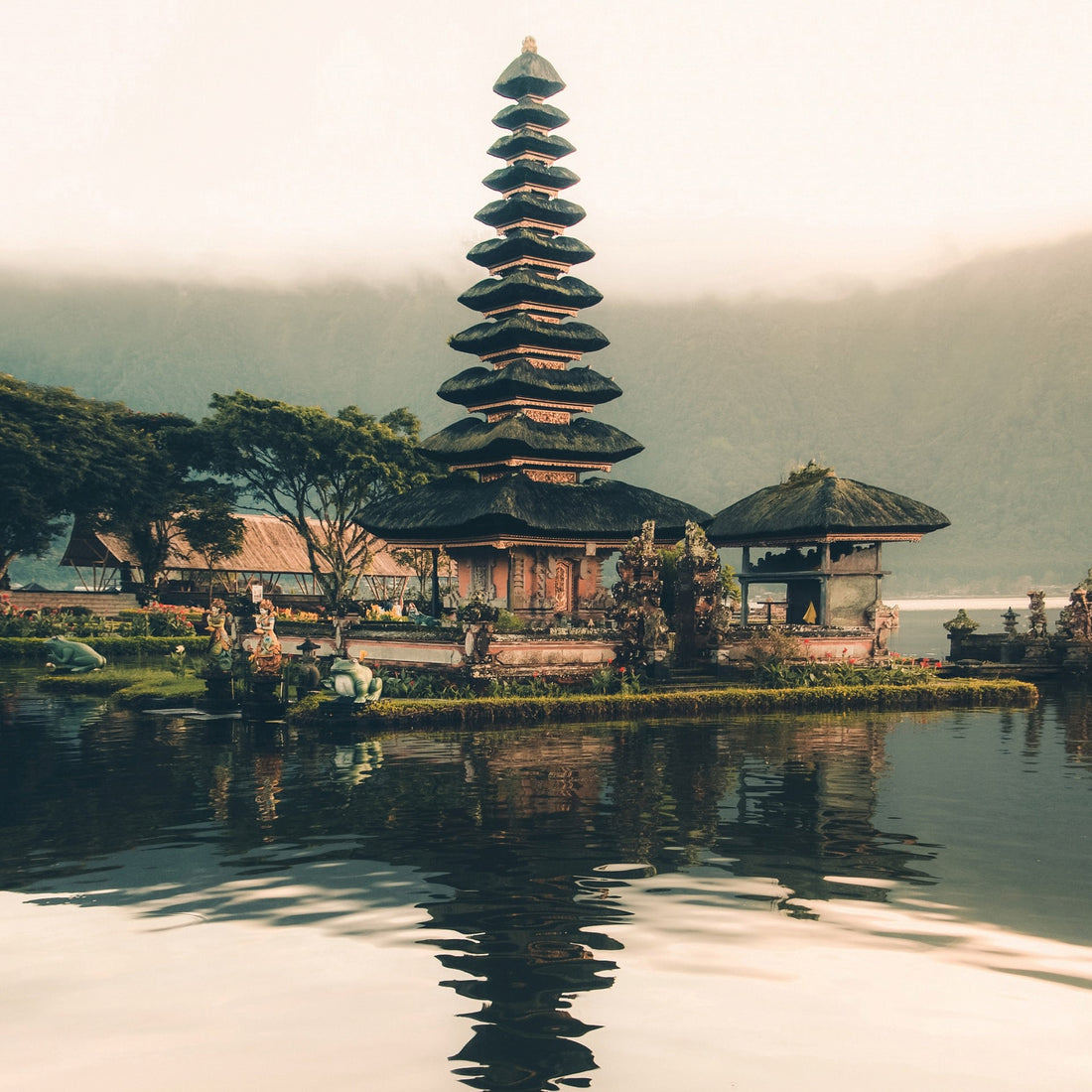
Bali: A world beyond beauty
Share

Indonesia is a very important provider of coffee for the whole world. This Archipelago in Southeast Asia is made up of a myriad of different islands, many of them having their very own, unique culture. Indonesia is made up of more than seventeen thousand islands.
In the 16th century, many of these islands were to some extent colonized or made contact with by the Portuguese and, more importantly, the Dutch. Dutch trading companies back then more or less ruled the world, and one of their most important products. So they traveled the world in search of countries with coffee-growing potential. They hit the ultimate jackpot with Indonesia.
The climate in almost all of Indonesia is largely tropical rainforest, and there are no real seasons. The climate stays the same throughout the whole year, which is ideal for coffee-growing.
Many of the world’s most famous beans come from Indonesia. A good example is Java, an important island of Indonesia, which at one point exported so much coffee that the word Java is still used to refer to coffee! Sumatra is another famous name in the world of coffee, also hailing from Indonesia.
Bali, however, remained relatively hidden in the background until relatively recently. It has always been famous for its incredible biodiversity, and the sea area around Bali is home to an incredible amount of different marine species. Some of the most important coral reefs in the world are located in Bali.
Yet, Bali wasn’t historically known for its great coffee. But now, Balinese coffee is one of the most highly regarded in the world. How did this happen?
History of coffee in Bali
As mentioned earlier, it all started with the Dutch. They brought coffee to Indonesia time and time again until they finally managed to introduce it as a cash crop in the 17th century. At that point, Bali started producing coffee although in a relatively small scale. The rest of the country was in a similar situation.
In the 19th century, Indonesia became one of the most important providers of coffee, with Bali being part of that denomination. They exceeded exports from Yemen, the historical undisputed king of coffee in the world, which would from then on disappear from the world stage.
However, around 1876, a devastating disease swept through coffee farms, destroying the vast majority of plantations. Bali was particularly affected, and they lost almost all of their crop. Attempts at re-growing coffee seemed unsuccessful, as new plants became affected as well almost immediately.
It wasn’t until a new variety of coffee was introduced to the archipelago that coffee growing activities resumed, this time stronger than ever. Indonesia became a name in the world of coffee from then on.
Bali grows coffee under a very different context from the rest of Indonesia. This has a lot to do with Hinduism—while most other islands (more than 80%) are strict Muslim, the vast majority of Bali practices Hinduism.
This reflects directly on Balinese farms. Most coffee farms are very small and owned by independent growers. These growers operate under an ancient Balinese-Hindu philosophy that strives to maintain peace and harmony with nature and to try no to mess with the natural order of things.
For this reason, Balinese coffee is one of the most natural around, with virtually no chemicals, pesticides used of any kind. Very little machinery is used, as most of the work is done by hand. In this respect, almost all coffee coming from Bali meets the standards of Rainforest Alliance and USDA Organic and has done so for more than a century!
Balinese coffee
Bali has become incredibly famous in the past century for one particular type of coffee: Kopi Luwak.
Kopi Luwak is the result of a natural process; the civet, a common sight in the Balinese wilderness, goes into coffee farms to munch on the delicious coffee cherries. Then the civet defecates perfectly processed coffee beans, which are then further processed to make one of the world’s most delicious, and most expensive, coffees: Kopi Luwak.
While Kopi Luwak is now made in several different parts of the world, it was in Indonesia where it started. Bali, specifically, is one of the biggest producers.
Balinese coffee stands out from the rest of Indonesia for its mild, delicate flavor. When roasted to a medium-dark roast, this coffee has a surprisingly wide range of flavor, from fruit and flowers to darker tasting notes like caramel, walnut, and a roasty flavor. These two profiles are usually reserved from either blonde roast or darker roasts, yet Balinese coffee is able to offer both experiences in one, making it incredibly unique.
Our Balinese blend does exactly that, being a sort of bridge between these two types of roasts. A cup of coffee that contains both types of flavor profiles inside, making of a completely unique experience.
Conclusion
Bali, although relatively small in the big picture, has managed to make a name for itself in the world of coffee. Although it was relatively famous in the 20th century for its Kopi Luwak, it is now being recognized for the unique flavor profile that Balinese beans offer.
